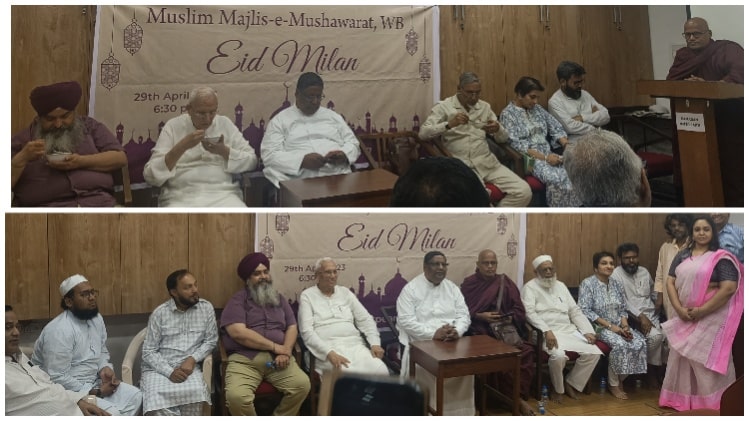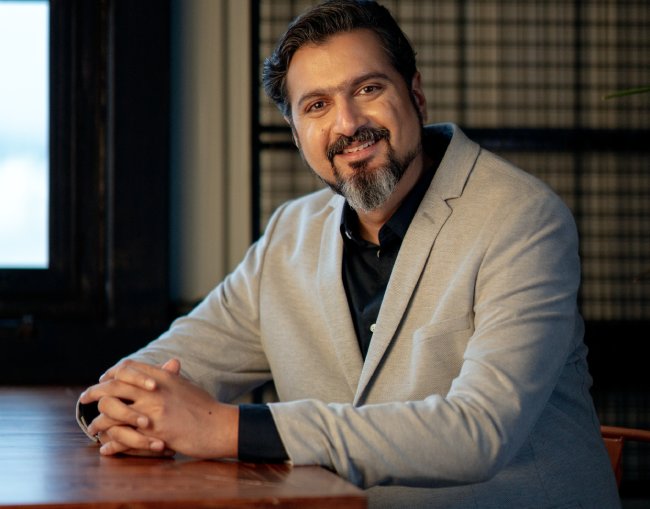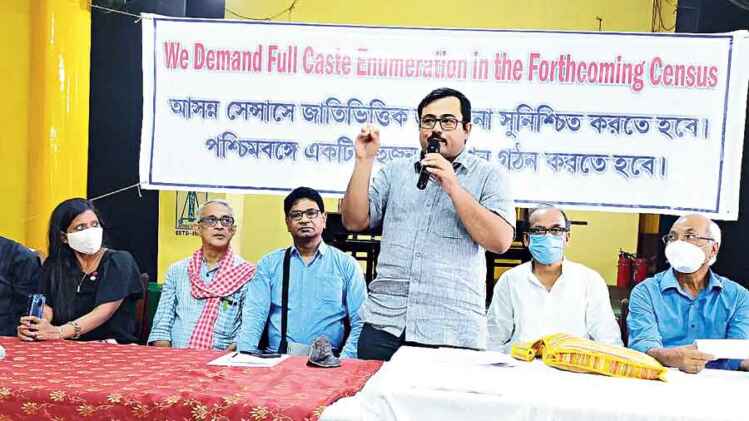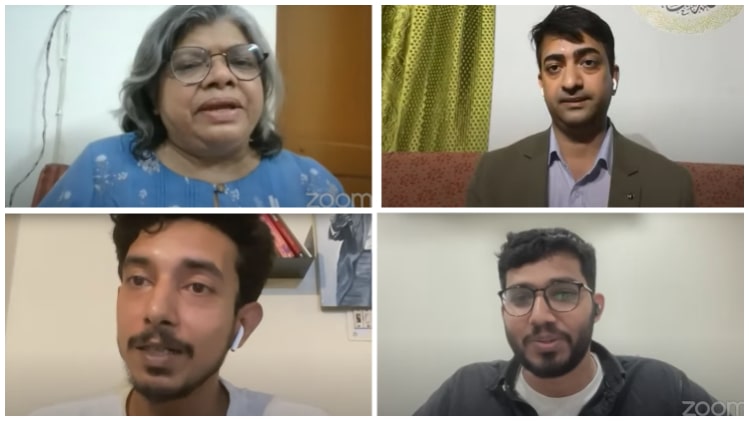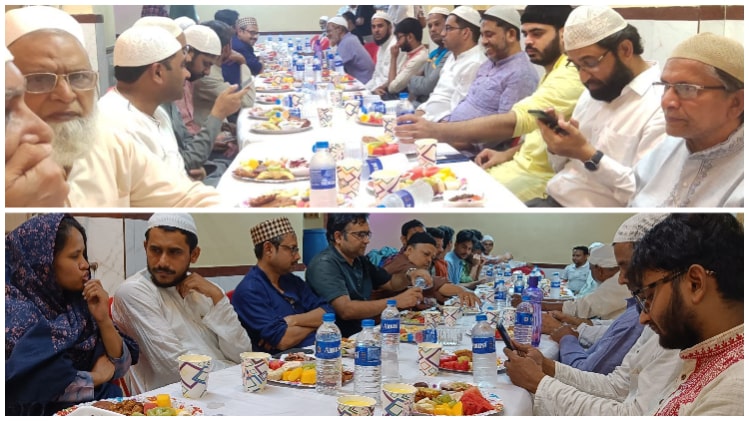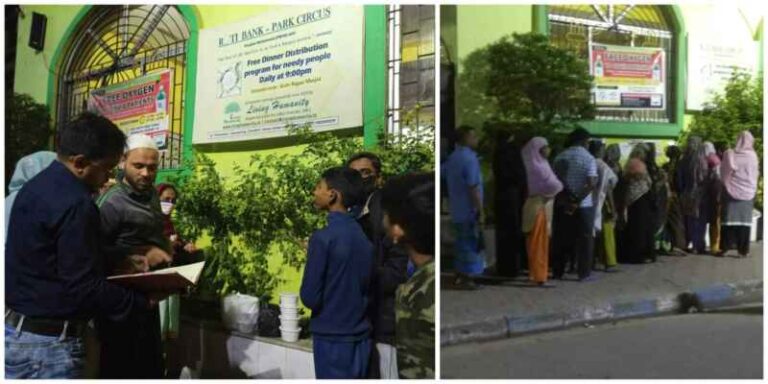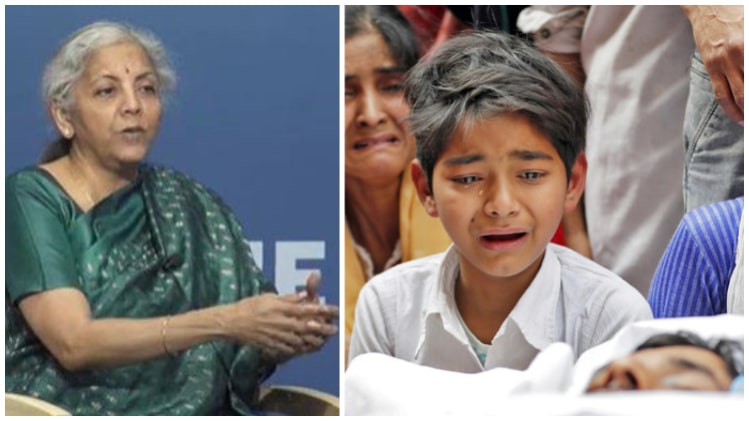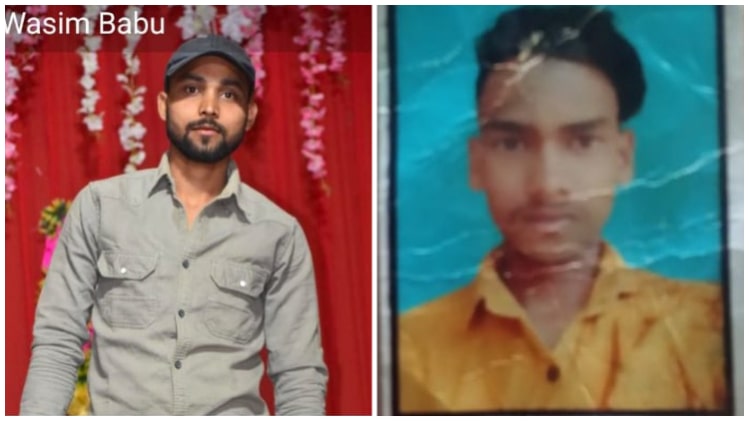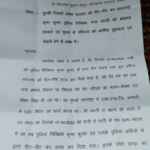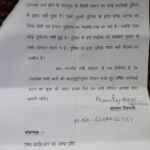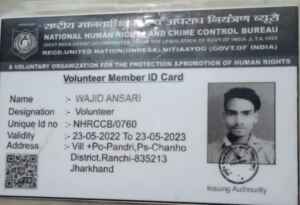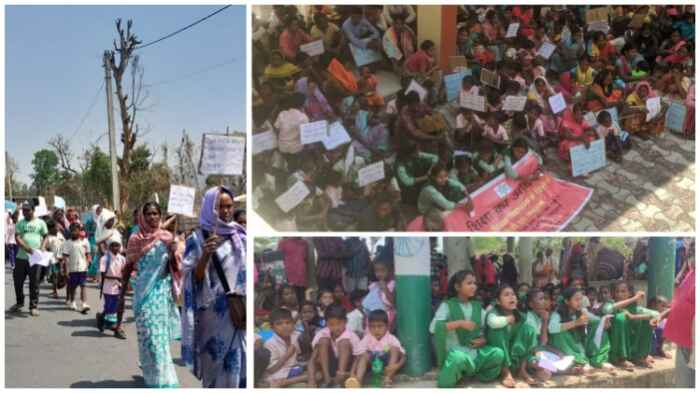Kolkata: May Day was not born in the Soviet Union — but in Capitalist America, to become a universal symbol of the rights and might of the working class. On the 1st of May 1886, the American Federations of Labour organised large assemblies of workers in Chicago and other parts of the USA.
The industrial revolution was at its peak and while capitalists made millions of dollars, workers were fed up of being exploited to work for 10 hours, 12 hours and even more. They had congregated to demand an eight-hour working day.
Their workplaces were hellish, with neither heat nor breeze, no air or sunlight and their second demand were for more humane working conditions.
Workers in Europe and the United States were mercilessly exploited and accommodated in ghettos, with terribly poor living conditions, that caused death and devastation all around.
The massive rallies and protests in Chicago were organised at Hay-market Square. Factory owners sent ‘agent provocateurs’ who threw bombs that killed policemen, and then all hell broke loose. The Chicago Police pounced on the peaceful sit-in demonstrations of men, women and children and attacked them, with ferocity.
On the 3rd of May at the McCormick Reaper Works, police opened fire, killing and wounding many workers. American state power had been unleashed by the capitalists who financed the politicians, and wave after wave of repression followed.
Over the next few years Chicago’s Hay-market Riot and the complexly biased judicial trials of workers that followed shocked the world. Several workers were hanged but the movement could not be stopped.
A newly formed coalition of socialist and labour parties in Europe called for a demonstration to honour the “Hay-market Martyrs”
Finally, in 1890, over 300,000 people gathered in London to protest on this symbolic May Day. The Day had become a universal rallying point of the exploited and the nascent Communist movement was quick to pick it up.
On this occasion, Friedrich Engles wrote the preface of the 4th edition of Communist Manifesto “As I write these lines, the European and American proletariat is reviewing its fighting forces, mobilized for the first time, mobilized as one army, under one flag, for one immediate aim: the standard eight-hour working day to be established by legal enactment, . . and today the proletarians of all countries are united indeed. . . . If only Marx were still by my side to see this with his own eyes!”
Though the first of May was occasionally celebrated as workers’ rights day, it was only in 1904 that May Day was adopted by the workers’ movement across the world. In India, the very first May Day celebration was held in 1923 in Chennai led by the Communist Party leader Singaravelu.
At present, May Day is an official holiday in 66 countries and unofficially celebrated in many more. It is ironic, however, that it is hardly recognised as a national historic occasion in the country where it began, the United States of America.
The write-up is part of the series of Facebook Posts Jawhar Sircar pens down on important religious and social occasions.



